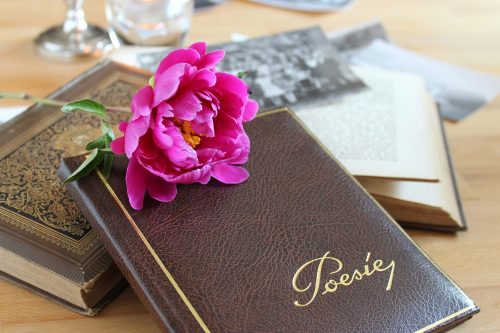The inspiration behind “If” by Rudyard Kipling Analysis came from “The James Raid” and 1895 military activity in Boer, South Africa. The military action led by Laender Starr Jameson became a symbol of courage and responsibility even in mission failure. The entire process inspired patriotism throughout England, prompting Kipling to write the poem ” If.”
Although Kipling composed “If” in 1896, publishing was delayed until 1910, when it was included in Rewards and Fairies, a collection of verses and short stories. The poem has four eight-line stanzas with a connected advisory thought. “If” hails tremendous acclamation to human virtues. The virtues Kipling highlights are calmness, humbleness, honor, authenticity, and never to despair during failure.
In 1995 the BBC named “If” the “Britain’s favorite poem,” which became a core part of British Culture. The poem was integral to Britain’s value that the All England Lawn Tennis and Croquet Club wrote a metaphor of “If” the entrance of the Centre Court: “If you can meet with Triumph and Disaster And treat those two imposters just the same.”
“If” by Rudyard Kipling
If you can keep your head when all about you
Are losing theirs and blaming it on you,
If you can trust yourself when all men doubt you,
But make allowance for their doubting too;
If you can wait and not be tired by waiting,
Or being lied about, don’t deal in lies,
Or being hated, don’t give way to hating,
And yet don’t look too good, nor talk too wise:
If you can dream—and not make dreams your master;
If you can think—and not make thoughts your aim;
If you can meet with Triumph and Disaster
And treat those two impostors just the same;
If you can bear to hear the truth you’ve spoken
Twisted by knaves to make a trap for fools,
Or watch the things you gave your life to, broken,
And stoop and build ’em up with worn-out tools:
If you can make one heap of all your winnings
And risk it on one turn of pitch-and-toss,
And lose, and start again at your beginnings
And never breathe a word about your loss;
If you can force your heart and nerve and sinew
To serve your turn long after they are gone,
And so hold on when there is nothing in you
Except the Will which says to them: ‘Hold on!’
If you can talk with crowds and keep your virtue,
Or walk with Kings—nor lose the common touch,
If neither foes nor loving friends can hurt you,
If all men count with you, but none too much;
If you can fill the unforgiving minute
With sixty seconds’ worth of distance run,
Yours is the Earth and everything that’s in it,
And—which is more—you’ll be a Man, my son!
Structure
The poem is advisory in that it teaches a lesson about life. In this case, a father teaches his son how to be successful. That is why Kipling wrote the poem in an iambic pentameter.
Apart from the first stanza with AAAABCBC rhyme, the poem has an ABABCDCD. An example is the second stanza below:
A If you can dream—and not make dreams your master;
B If you can think—and not make thoughts your aim;
A If you can meet with Triumph and Disaster
B And treat those two impostors just the same;
C If you can bear to hear the truth you’ve spoken
D Twisted by knaves to make a trap for fools,
C Or watch the things you gave your life to, broken,
D And stoop and build ’em up with worn-out tools:
Further, the word “if” is repeated at the beginning of each stanza and the start of other lines in the poem.
Style
The tone of the poem is advisory. It portrays a father advising his son. One clear example is “If you can talk with crowds and keep your virtue, Or walk with Kings—nor lose the common touch.” The two lines paint a clear picture to the reader that they should maintain their virtues to hang out with the highest class in society. However, when hanging out with kings, one should not forget our origin.
Critique
Rudyard Kipling picked the best structure for his poem as it flowed and kept the same theme until the end. The poem is conclusive enough to give insightful advice to readers on how to be successful. In our opinion, the poem enlightens us to live life to the fullest and offers motivational guidance. The poem makes the reader want to live a better life.
Did you like “If” by Rudyard Kipling Analysis? Check out: Is Rap Poetry?

